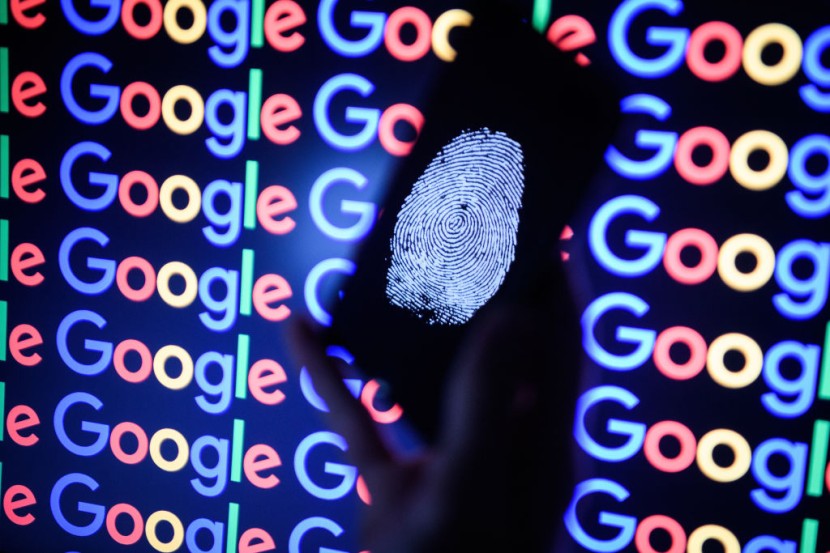
Google, the tech giant synonymous with online search, is about to embark on a legal battle of historic proportions.
Federal regulators are set to challenge the company's dominance in a trial that could reshape the digital landscape and have far-reaching implications for the internet industry.
Google's Historic Antitrust Battle
The trial, one of the most significant US antitrust cases in a quarter-century, begins on Tuesday, posing a formidable threat to Google's internet empire. Over the next 10 weeks, federal lawyers and state attorneys general will endeavor to demonstrate that Google manipulated the market by ensuring its search engine's default placement in numerous locations and on various devices.
US District Judge Amit Mehta is not expected to issue a ruling until early next year, and if Google is found to have violated antitrust laws, a subsequent trial will determine the corrective actions necessary to rein in the company.
Key executives from Google and its parent company, Alphabet Inc., as well as representatives from other tech behemoths, are expected to testify during the proceedings. Among them is Alphabet CEO Sundar Pichai, who succeeded Google co-founder Larry Page four years ago, as per ABC News.
Court documents suggest that Eddy Cue, a high-ranking Apple executive, may also take the stand. The US Department of Justice filed its antitrust lawsuit against Google nearly three years ago, alleging that the company leveraged its dominance in internet search to gain an unfair competitive edge.
Government lawyers contend that Google has maintained its stronghold through a form of payola, spending billions annually to secure its position as the default search engine on devices and browsers, including the iPhone, Apple's Safari, and Mozilla's Firefox.
Regulators further claim that Google unlawfully rigged the market by requiring device manufacturers to bundle its search engine with its Android software, granting full access to the Android app store. Google counters that it faces substantial competition, despite holding roughly 90% of the internet search market.
The company argues that its rivals encompass search engines like Microsoft's Bing and websites such as Amazon and Yelp, where consumers can seek advice on purchases and local services. Google attributes its enduring popularity to continuous enhancements to its search engine, which have made "Googling" synonymous with internet searches.
Users have long relied on Google for finding information, and the company contends that its innovations have kept them coming back. Per NY Times, the trial commences just weeks after the 25th anniversary of the pivotal $100,000 investment from Sun Microsystems co-founder Andy Bechtolsheim.
This investment enabled Google's co-founders, Larry Page and Sergey Brin, to establish their startup in a Silicon Valley garage. Today, Alphabet, boasts a market value of $1.7 trillion and employs 182,000 people.
The vast digital services network that supports its pervasive search engine, which responds to billions of queries every day, is what generates the majority of its $224 billion in annual ad sales. The parallels between the Justice Department's current antitrust case against Google and the one it filed against Microsoft in 1998 are striking.
From Microsoft to Google Antitrust Investigations
In the Microsoft case, regulators accused the tech giant of coercing computer manufacturers to feature Microsoft's Internet Explorer alongside its dominant Windows operating system, thereby stifling competition during the internet's nascent stages.
According to News18, several members of the Justice Department's legal team in the Google case, including lead litigator Kenneth Dintzer, also worked on the Microsoft investigation.
The potential consequences of this trial are significant. Google could face restrictions that undermine its market power, such as being compelled to cease payments to companies like Apple, which make Google the default search engine on their devices.
Moreover, the protracted legal battle may distract Google, much as it did Microsoft after its antitrust showdown. This distraction could create opportunities for competitors and shift the balance of power in the tech industry, altering the trajectory of the digital landscape for years to come.








